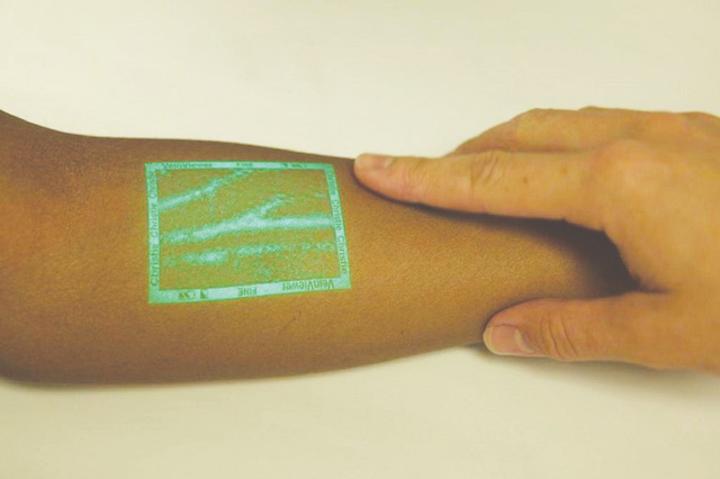Africa-Press – Namibia. INVESTING IN A child is the best way to see that his or her future is well secured. This can be said about investing in new start-up companies too – especially those in the ever-improving, ever-expanding, and more promising technology space.
This month, the newly created Namibian Business Angel Network (Naban) will finalise its first investment into a Namibian start-up. Also, earlier this year, Gys Joubert, the chief executive officer (CEO) of Gondwana Collection, bought into the Startup Training Bunny with two partners.
Lastly, as earlier published, both Pupkewitz and Nedbank have invested in the mobile payment solution PayToday. Unfortunately, these are still rare examples.
In Namibia, both corporate engagement and private investments coming from highnet-worth individuals are low. To make things worse there is no public-backed Namibian institutional seed investor to fill this investment gap.
Many people may ask themselves why they should bother to invest their money in a start-up. We, from Start-up Namibia and Dololo, strongly believe it would be worth the money in time.
In today’s edition, I would therefore like to make a strong case for investing in start-ups. There are various reasons why you or your company should do so. Start-ups are trailblazers of innovation
The Namibian economy urgently needs innovation, especially in the field of technology, to remain competitive. By investing in start-ups, you will be on the forefront of learning about, supporting and being able to implement innovative solutions to pressing problems.
You and your company will get the chance to become trailblazers for homegrown Namibian-made innovation. Sam Altman, former CEO of highly successful US-Accelerator Y-Combinator, once said: “Sometimes people think Y-Combinator has big ideas about themes. But really, we just found the right start-ups.”
Start-ups involve working with and mentoring young entrepreneurs Besides the hustles and struggles of everyday work life, mentoring young founders and accompanying them on their journey is a refreshing change. It is rewarding to be able to pass on everything you’ve learnt in your career.
You’ll dive deep into their business model, help optimise it, and help them get in touch with potential new clients and partners they would otherwise not be able to connect with.
With your experience, you could help their business scale and professionalise, while learn a lot in return. Returns YOU investments Start-up investments should not be seen as corporate social responsibility money. It should be seen as a means to make money, because that is possible.
Admittedly, the start-up game is risky, and many fail. However, if you make smart and diversified investment decisions, if you team up with other investors, or by investing into a fund, you’ll be able to mitigate risk and increase your chances of making a good return on investment after a few years.
For example: Sequoia invested US$250 000 in the at-the-time unknown start-up WhatsApp in October 2009. WhatsApp had only two months earlier been released in the iPhone app store.
They continued believing and investing in the start-up and did two more financing rounds. In 2013 Whatsapp had 200 million active users. In 2014 WhatsApp was acquired by Facebook for US$19 billion.
Sequoia’s stake is said to have been worth about US$3 billion at exit. New tools, new concepts Never heard of concepts such as Design Thinking, Design Sprints, Lean Start-up, MVP, or the Double Diamond Method?
Never heard of tools such as Gitlab, Slack, Wix, Unsplash, Hootsuite or Asana? This is vocabulary not foreign to start-ups. If you get involved in young businesses, you may learn about such new tools and concepts and can see whether some of them may be useful for your own business or work life.
Diversification Warren Buffet once said: “If you don’t find a way to make money while you sleep, you will work until you die.” So do not let your money sleep under your pillow, make it work for you.
The key to success here is a well-balanced diversification strategy according to your own risk appetite. Property, modern art, exchange-traded funds, or start-ups?
Go for various diverse investment opportunities so that you balance out the risk. And yes, start-ups are risky businesses, but they’re also the most rewarding investment type you will have in your portfolio.
Your properties would surely not call you at 22h00 on a Thursday night to excitedly tell you about the first international customer they’ve managed to acquire. Small investments could have a big impact
You do not need to invest millions to make a great impact in a founder’s life. Starting with a small investment round, or doing tranche investments that are linked to clearly defined key performance indicators and milestones will get a start-up far in this country.
The impact of this start-up would likely not be small. Looking for a way to get the Namibian economy back on track? Do your bit and invest in start-ups. In the United States, companies that were less than one year old created over three million well-paid jobs in 2020 alone.
Apart from that, start-ups bring and develop innovative solutions to society and help digitise products and services – an important requirement for the Namibian economy to remain competitive in the future. More so, start-ups will put pressure on traditional companies to remain innovative and agile, hence creating a ‘virtuous circle’. Having fun
Being around, and invested in start-ups is really enjoyable. Seeing those companies grow, employ more and more people, expand to other markets or even being with the founder when his business is sold to a big corporate a few years down the line can never compare to seeing stocks being on the rise. It’s really fun!
For More News And Analysis About Namibia Follow Africa-Press






